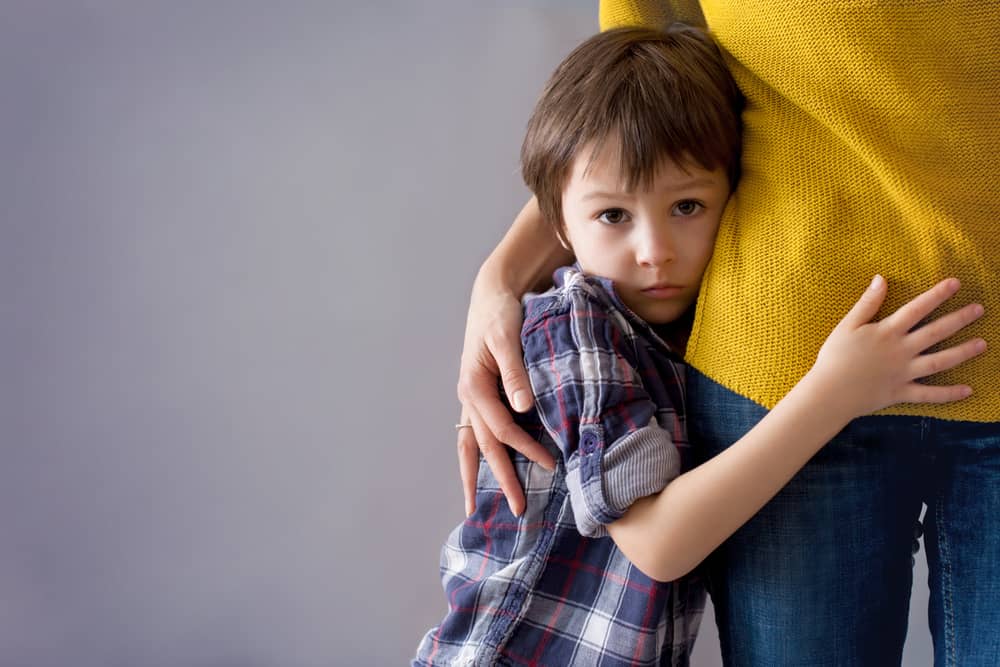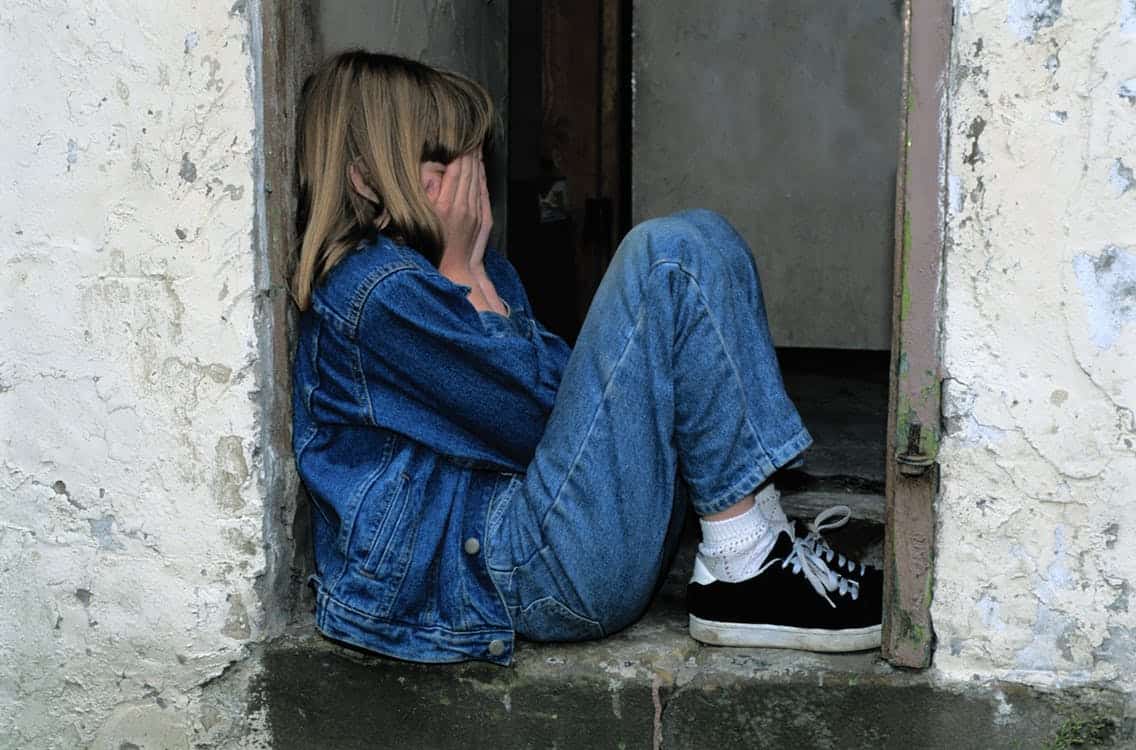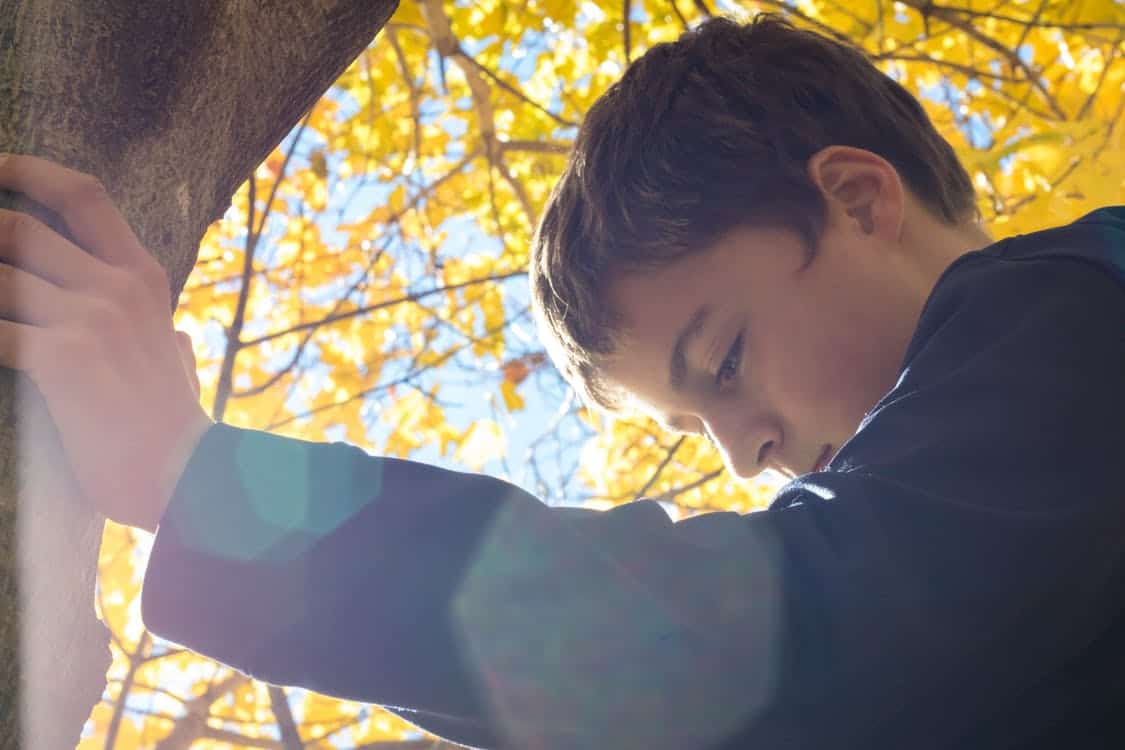As adults, we often consider childhood a time when kids can enjoy being happy and carefree without any of the worries or stress that comes with being an adult. Sure, all kids get sad and worried at times, but when we think about depression we are usually thinking in terms of a mental illness that only affects adults.
Unfortunately, this is not the case. Depression in children has become increasingly common with around one in 35 young Australians aged 4 to 17 experiencing a depressive disorder. As a parent or guardian of a child, it can be very distressing and confusing in knowing how to pick up on the signs of depression in your child and what you can do to help them.
Here we have shared some signs to look out for that may indicate that your child is suffering from depression and if so, what you can do to support them during their recovery.
Common Signs Of Depression In Children
- Feelings of worthlessness and guilt; low self esteem
- A lack of energy or unable to do simple tasks
- Feeling miserable, irritable, and unable to cope
- Increased anger and irritation towards family and friends; verbal sarcasm and attacks
- Low self-confidence
- Overreaction to criticism
- Having aches and pains when nothing is really wrong
- Not enjoying things that used to make them happy
- Having trouble sleeping at night or sleeping too much during the day
- Feeling overwhelmed and not caring about what happens in the future
- An obvious change in weight or appetite, either up or down
- Poor concentration, memory and decision-making skills
- Exhibiting rebellious behaviour
Firstly, it’s important to point out that not all children will have all of these signs, and a lot of children will display different symptoms depending on where they are and what’s going on around them.
Additionally, the signs and symptoms of depression in children are different to those in adults, and they may appear to be more irritable and rebellious than sad.
Children suffering from depression may be confused about what is happening to them and therefore, may not be able to express in words exactly how they are feeling. They may even deny that they have a problem and just put on a happy face because they are scared and worried that people will think there is something wrong with them.
If your child has been displaying some of these symptoms for more than a few weeks and you are concerned that your child may have depression, it is vital that you seek help straightaway. Your child should be assessed by a professional who is experienced in working with children with depression so that you can all decide on the best treatment for your child.
How Can I Help My Child Manage And Recover From Depression?
In addition to professional care, parents play an important role in supporting their children through depression. Here are some ways in which parents and families can help their child identify and deal with depression:
- Talk to and listen to your child non-judgmentally with love and support. Help your child learn to describe how they are feeling.
- Reduce the amount of stress on your child by making appropriate short-term changes. This may mean limiting the amount of school work they have to do, and cutting back on chores and extracurricular activities, while they focus on getting better.
- Help your child relax with physical and creative activities that they enjoy doing.
- Focus on your child’s strengths and praise their good behaviour to help them feel good about themselves.
- Make time to spend quality one-on-one time with your child. This will help to strengthen your bond and encourage your child to come to you and open up about how they are feeling.
- Limit your child’s screen time and encourage them to develop positive connections with others.
- Follow and support your child’s treatment plan by making sure your child attends therapy and takes any medicine as directed.
- Put together a list of people your child can call for help when their feelings get worse and they are not coping.




